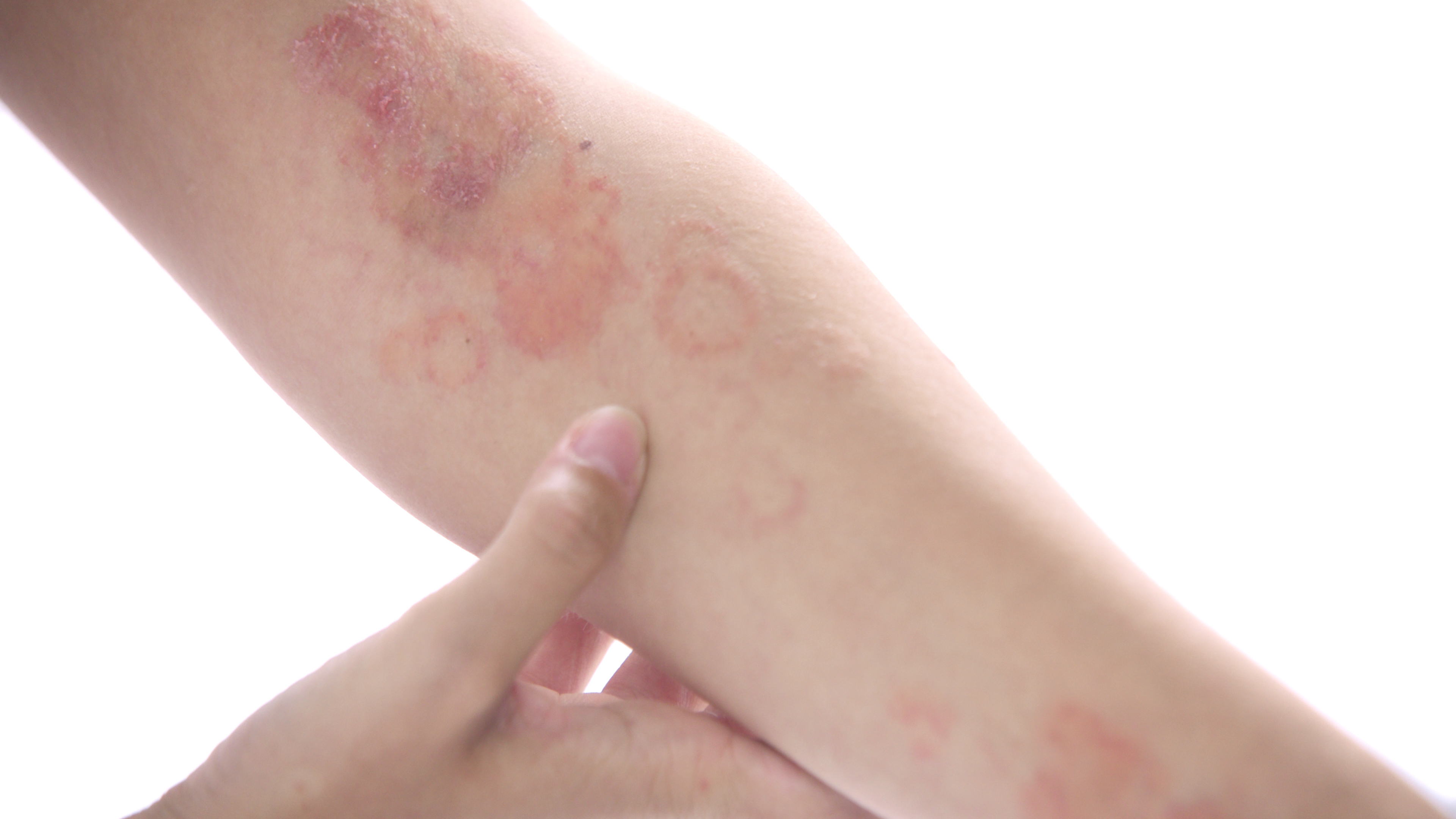"Eczema flare-ups can have many causes and while some may be difficult to deal with, others can be managed with some simple daily steps.
Some of the main causes of a flare-up are:
Heat and textiles: Thick clothing and blankets, excessive indoor heating, and wearing too many layers can all aggravate an eczema sufferer’s skin. Instead opt for light, breathable layers when dressing, and avoid overheating your indoor spaces to keep your skin comfortable. Similarly, you’ll want to keep away from prickly items and fabrics like thick wool, sand, and even clothing seams.
Dry skin or air: Skin that hasn’t been adequately moisturised is more likely to flare, and this also applies to skin that’s been in contact with dry air, as this will cause the skin to lose even more moisture.
Not moisturising, or not applying moisturiser adequately: When moisturising the affected skin make sure to apply topical creams in the target areas, followed by a thick layer of moisturiser, until the eczema has cleared. It’s important to always apply moisturiser all over the body, even if the eczema has disappeared.
Bacterial skin infections: Eczema sufferers are particularly prone to carrying the Staphyloccocus aureus bacteria, which further aggravates the skin. These bacterial infections can be treated with bleach baths, as well as careful storing of moisturiser tubs and keeping the eczema as clear as possible."
- Emma King (NP), Liz Leins (NP)



